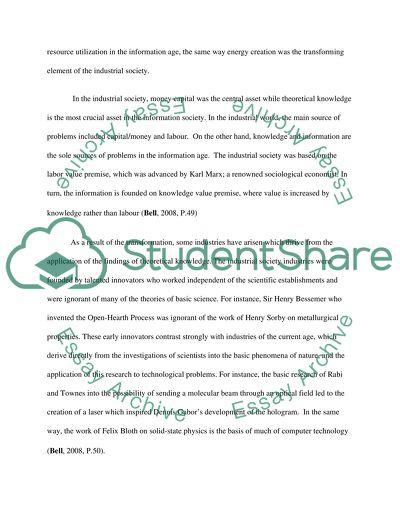Cite this document
(“Differences Between Industrial and Post-Industrial Societies and The Essay”, n.d.)
Retrieved from https://studentshare.org/sociology/1475233-differences-between-industrial-and-post-industrial-societies-and-the-effect-of-globalization-on-the-transition
Retrieved from https://studentshare.org/sociology/1475233-differences-between-industrial-and-post-industrial-societies-and-the-effect-of-globalization-on-the-transition
(Differences Between Industrial and Post-Industrial Societies and The Essay)
https://studentshare.org/sociology/1475233-differences-between-industrial-and-post-industrial-societies-and-the-effect-of-globalization-on-the-transition.
https://studentshare.org/sociology/1475233-differences-between-industrial-and-post-industrial-societies-and-the-effect-of-globalization-on-the-transition.
“Differences Between Industrial and Post-Industrial Societies and The Essay”, n.d. https://studentshare.org/sociology/1475233-differences-between-industrial-and-post-industrial-societies-and-the-effect-of-globalization-on-the-transition.


